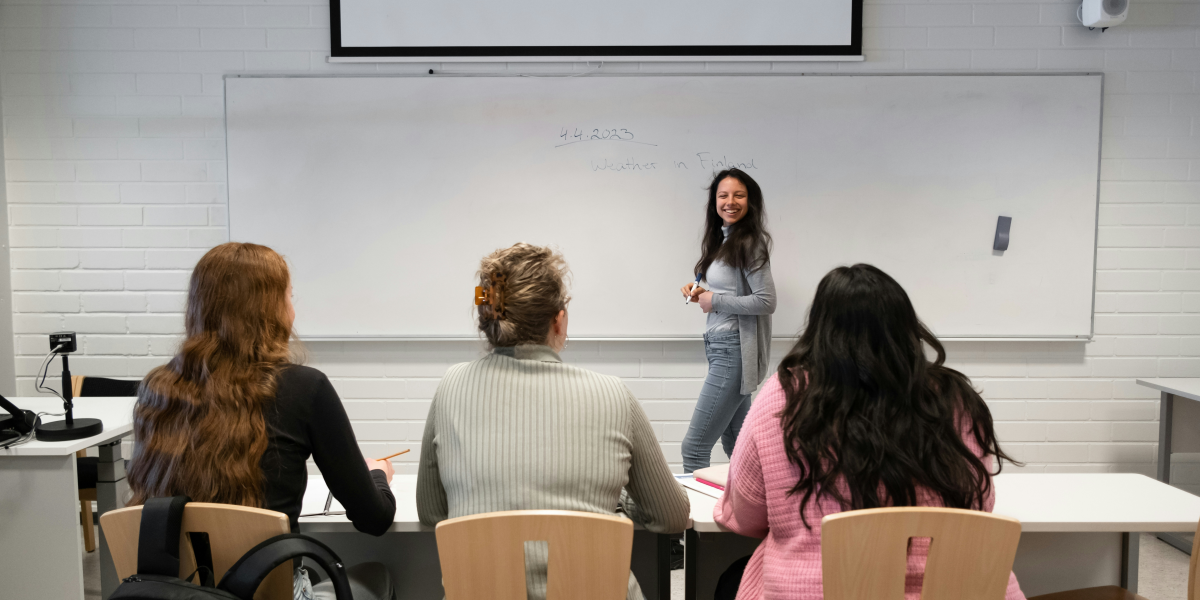The education landscape has undergone a meaningful transformation, with increasing emphasis on empowering women through accessible, quality education. This push for educational equality reflects a broader movement to provide women the tools to overcome traditional limitations, opening pathways to personal growth, economic contribution, and positive societal impact. Educating women benefits individuals and entire communities, creating lasting change across generations.
Breaking Down Barriers to Education
The ongoing journey of women’s education is marked by efforts to dismantle long-standing norms and promote equal access to learning opportunities. Societies worldwide are increasingly aware that educating women goes beyond personal enrichment; it strengthens communities by fostering diverse perspectives and advancing equality. Through proactive policies and collective action, societies address the barriers women face in obtaining education, empowering more women to realize their full potential.
Critical Developments in Women’s Education
Governments, NGOs, and international organizations are actively bridging the gender gap in education through financial aid, mentorship, and awareness programs, allowing women worldwide to pursue learning at all levels. Scholarships, outreach, and digital resources such as e-learning platforms expand access, enabling women to study without geographical or scheduling constraints. Additionally, initiatives in STEM, including specialized training and mentorship, encourage women to enter traditionally male-dominated fields, challenging stereotypes and inspiring future generations.
Economic Empowerment and Growth
Research consistently shows that educated women are pivotal to economic growth and innovation. When women are equipped with skills and knowledge, they can contribute meaningfully to the workforce, increasing productivity and fostering financial stability. Economically empowered women support themselves and their families, driving local economies and breaking cycles of poverty. The economic contribution of educated women strengthens communities and promotes sustainable development.
Improved Health and Well-being
Education plays a critical role in health outcomes, as educated women are more likely to make informed health decisions for themselves and their families. Studies indicate that educated women are better equipped to understand health information, access healthcare services, and advocate for preventive practices. This informed approach leads to healthier families and communities, contributing to societal well-being.
Social and Cultural Transformation
Educated women often become advocates for social change, using their knowledge to challenge stereotypes and promote equality. As women gain confidence and skills, they are better positioned to influence cultural shifts, support human rights, and inspire others to pursue education and empowerment. This ripple effect leads to a more inclusive, equitable society where diverse voices contribute to shared progress.
Addressing Challenges and Exploring Opportunities
Despite considerable progress, there remain obstacles to ensuring universal access to education for women. Gender-based violence, cultural resistance, and economic constraints continue to limit educational opportunities for many women. To foster true inclusivity, it is essential to address these challenges directly, creating policies and resources that protect and support women’s right to education.
Tackling Gender-Based Barriers
Gender-based violence and cultural biases can present significant hurdles to women’s educational pursuits. Safety concerns, social pressures, and discrimination discourage women from pursuing education in certain regions. Addressing these barriers requires systemic changes, including policies safeguarding women’s rights and creating secure learning environments where women can thrive without fear or discrimination.
Bridging Economic Inequalities
Economic limitations remain a common barrier, particularly in underserved communities where education costs can be prohibitive. Providing scholarships, grants, and affordable education options is essential in making learning opportunities accessible to women of all backgrounds. Organizations and governments can play a crucial role by offering targeted financial assistance, ensuring that economic hardship does not prevent women from achieving their educational goals.
A Vision for an Inclusive Future
The pursuit of educational equality for women is a journey that continues to adapt to changing societal needs. As global initiatives expand and technological advancements make education more accessible, societies can create a positive cycle of progress. Educated women contribute to healthier, more prosperous communities, shaping a future where opportunity and empowerment are available.
Building a Brighter Tomorrow
Supporting women’s education goes beyond individual achievement; it lays the groundwork for a more equitable and prosperous society. By prioritizing women’s education, communities are not only investing in women’s personal growth but also enhancing economic resilience, promoting public health, and encouraging cultural inclusivity. Recognizing the value of women’s education is essential in building a future where all individuals can thrive.
Women’s education is not simply a goal but a vital component of societal progress. Through collaborative efforts, societies can ensure that every woman has the opportunity to reach her full potential. This commitment to educational equity benefits families, communities, and entire nations, creating a brighter, more inclusive world for generations to come.
Published by: Annie P.






